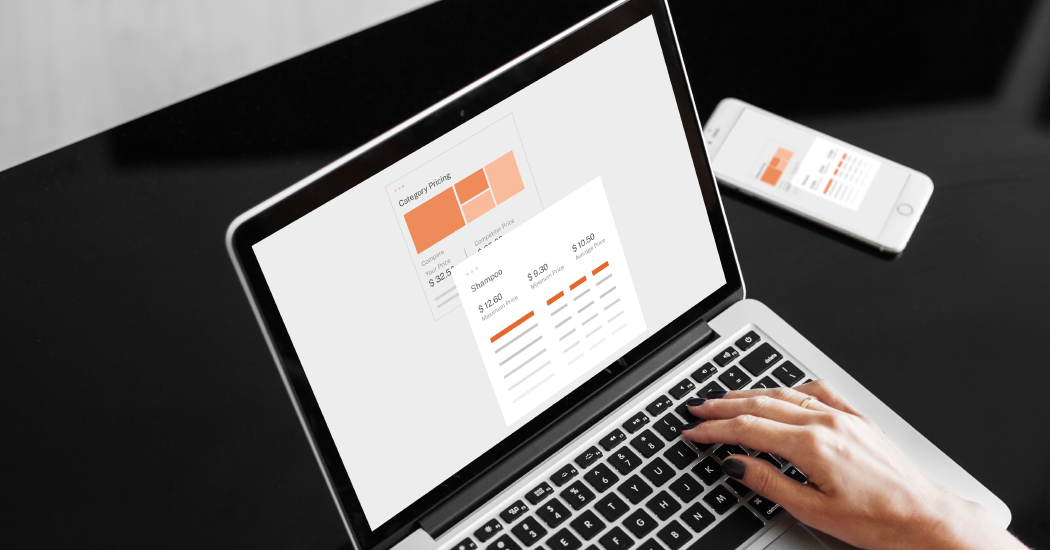What is a Multicarrier Parcel Tracking System?
Consumer expectations regarding online shopping have consistently grown over time, both before and after making a purchase. Meeting these heightened expectations can prove to be quite challenging, particularly in terms of order tracking and delivery updates. Shoppers not only desire information about when their order will be delivered or has been delivered but also wish to stay informed at every stage of the tracking process.
For logistics service providers, third-party logistics companies (3PLs), and other businesses operating in this industry, this presents a formidable challenge. To obtain detailed insights into the journey of each parcel, it is necessary to consolidate tracking data from multiple shipping carriers across various locations. Most companies grapple with managing a substantial volume of parcel data, ranging from a few thousand parcels per month to millions.
Addressing this challenge through manual processes, spreadsheets, or outdated systems is not only inefficient but also prone to inaccuracies in the final output. Consequently, incorrect or incomplete information may reach customers, leading to potential damage to the brand’s reputation. So, how can this challenge be effectively tackled? The obvious answer lies in employing a robust and advanced technology platform.
Understanding Multicarrier Parcel Tracking Systems:
Parcel tracking systems are technological solutions that enable real-time monitoring and tracking of packages. They provide detailed information on a shipment’s status, location, and estimated delivery time. A Parcel Tracking system should integrate with several shipping carriers and standardize the raw tracking data received from them. This ensures end-to-end tracking across different carriers and locations.
These systems go beyond basic tracking, incorporating advanced features such as real-time connectivity, managing exceptional events like delays, and providing branded tracking experiences for end-users. They aim to meet the increasing expectations of online shoppers and businesses by enhancing transparency, efficiency, and customer satisfaction. With fail-proof integrations with the logistics ecosystem, automated notifications, and interactive customer tracking portals, parcel tracking systems continually evolve to deliver an optimal tracking experience.
Let’s look at some key capabilities that a business should look for while searching for a Parcel Tracking System.
Key Capabilities of Multicarrier Parcel Tracking Systems:
![]()
1. Real-time Tracking and Visibility:
A robust parcel tracking system offers real-time tracking capabilities, allowing customers and businesses to monitor their packages’ whereabouts at any given moment. The system provides detailed information on the package’s current location, transit history, and estimated time of arrival. This visibility empowers stakeholders to plan and make informed decisions based on accurate and up-to-date information.
2. Multicarrier Integration:
Parcel tracking systems are designed to seamlessly integrate with multiple shipping carriers and logistics networks. This integration enables the system to track packages across various carriers and modes of transportation, providing a unified tracking experience. By consolidating tracking data from different carriers, customers and businesses can easily monitor all their shipments through a single interface.
3. Data Standardization for Seamless Tracking:
Working with multiple carriers means dealing with various data formats. Each carrier may have its unique terminology to denote tracking event milestones, such as ‘in-transit’ or ‘left the warehouse.’ To eliminate confusion and enable end-to-end tracking of parcels across multiple carriers and locations, parcel tracking systems implement data standardization. By establishing a standardized format for tracking data, these systems ensure consistency and compatibility when capturing and processing information. Standardizing tracking data guarantees the availability of accurate and reliable information to customers and stakeholders, ultimately enhancing overall tracking efficiency.
4. Delivery Notifications and Alerts:
Parcel tracking systems offer customizable notification features to keep customers and businesses informed about the progress of their shipments. Notifications can be sent via email, SMS, or mobile apps. These alerts include information such as package out for delivery, delivery attempted, delivery successful, or any exceptions or delays encountered during transit. Proactive communication enhances customer satisfaction and allows businesses to address any potential issues promptly.
5. Analytics and Reporting:
Parcel tracking systems gather vast amounts of data throughout the shipping process. These systems offer analytics and reporting capabilities that enable businesses to gain valuable insights into their operations. By analyzing tracking data, businesses can identify trends, optimize routes, streamline processes, and improve overall efficiency. Data-driven decision-making empowers businesses to make informed choices, enhance customer experiences, and drive operational excellence.
6. Branded Tracking Experience:
Parcel tracking systems often provide branded tracking pages, enabling customers to access tracking information independently. Through these pages or URLs, customers can enter their tracking numbers, view detailed tracking updates, and manage delivery preferences. A branded tracking URL reduces the need for customer support interactions, providing a convenient and empowering experience for customers.
In conclusion, the adoption of a robust parcel tracking system is essential for businesses operating in the e-commerce industry. These advanced systems provide real-time tracking and visibility, multi-carrier integration, data standardization, delivery notifications, and analytics capabilities. By embracing such technology, businesses can enhance transparency, improve customer satisfaction, optimize operations, and ultimately gain a competitive edge in the dynamic world of online shopping. The evolution of parcel tracking systems marks a significant step forward in meeting the heightened expectations of modern consumers and ensuring a seamless and efficient delivery experience for all.


